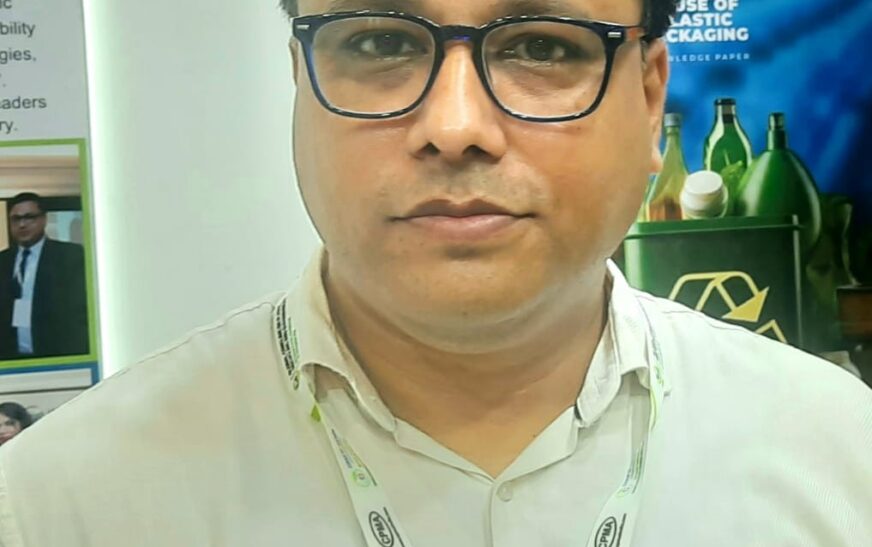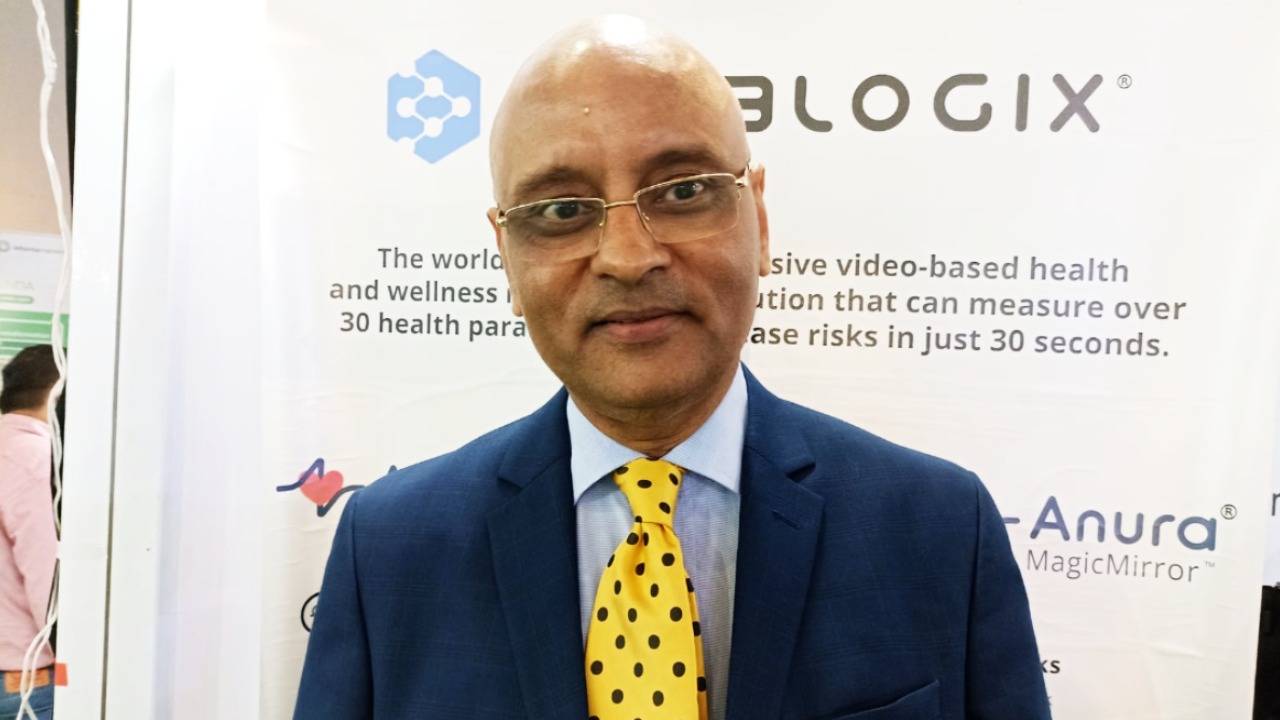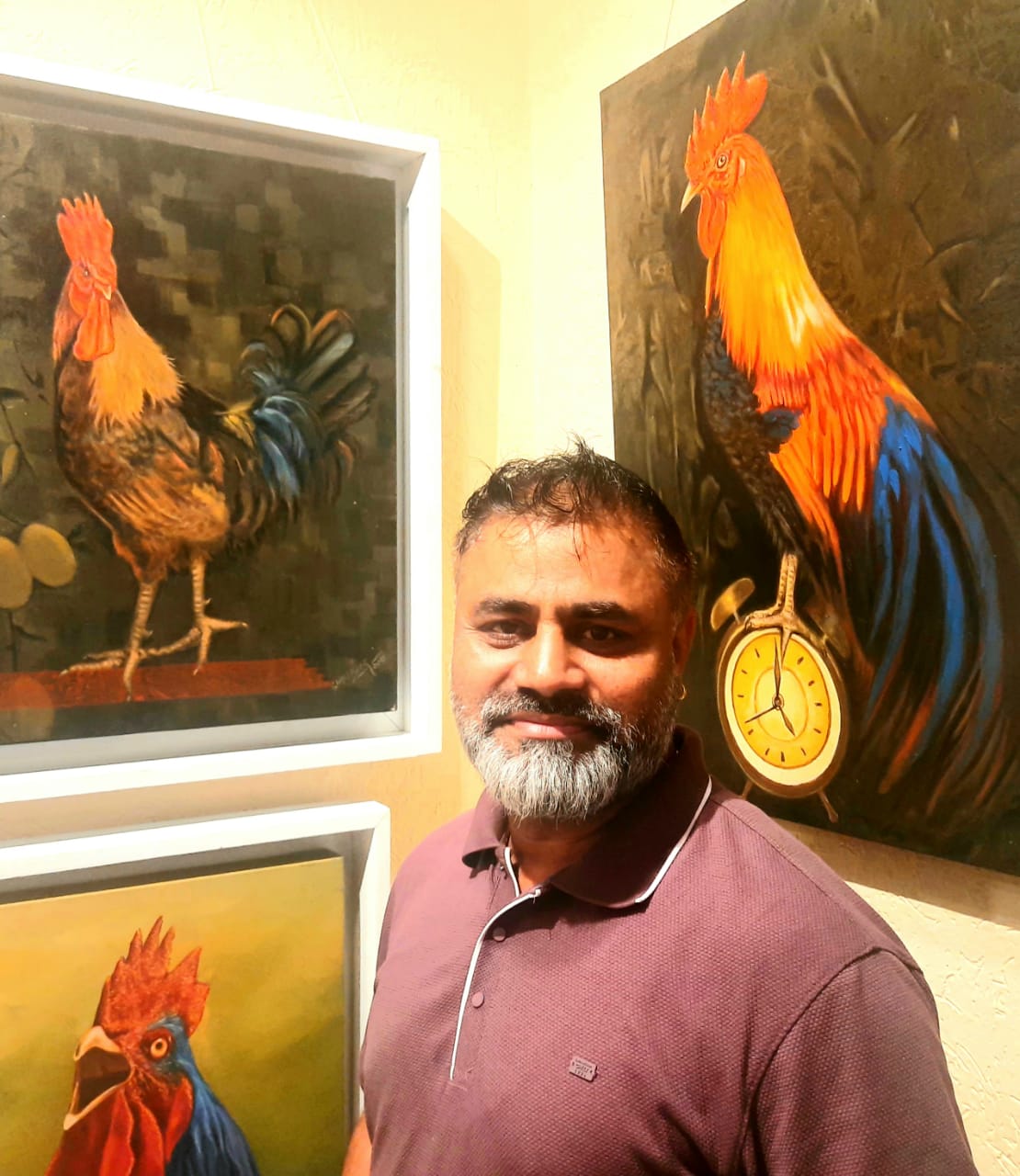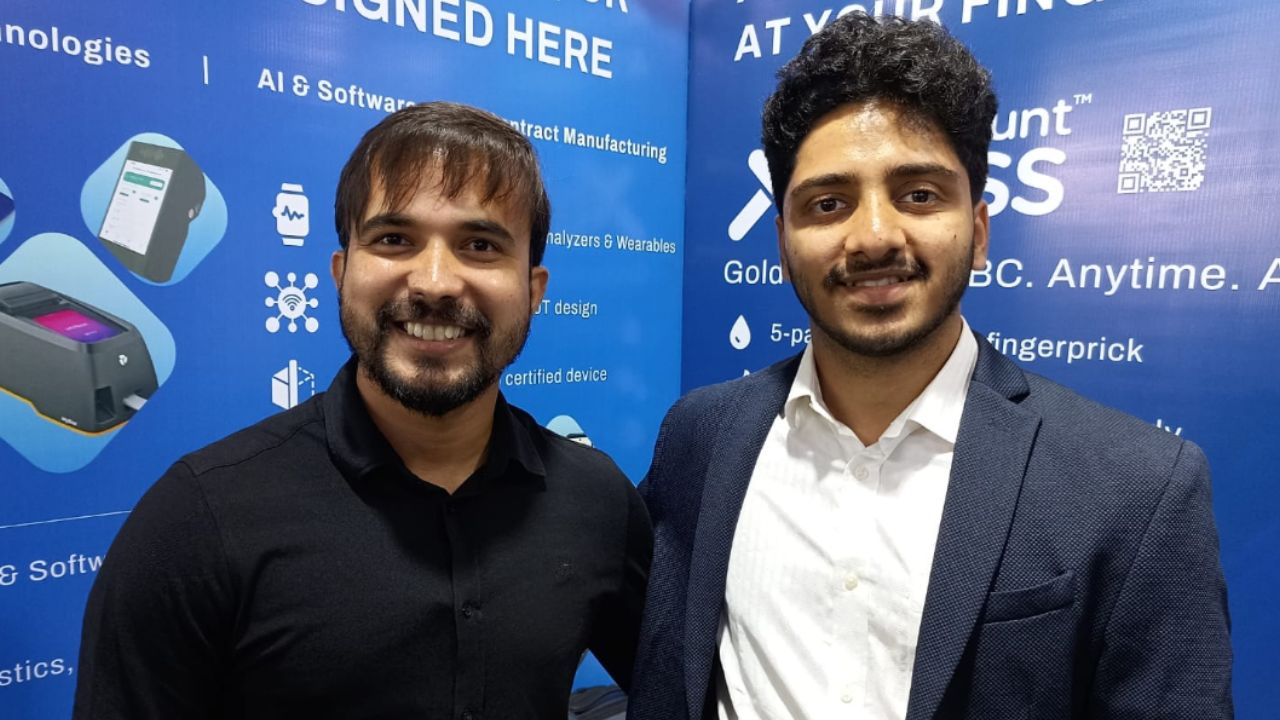Waste Efficient Collection and Recycling Efforts (WeCare) is a registered society comprising both Indian and multinational businesses with a shared commitment to sustainable plastic waste management. As the industry’s leading voice, WeCare actively collaborates with the government to find practical solutions to plastic waste. The organization’s vision is to lead the way in sustainable management of plastic packaging, with a particular focus on multi-layered packaging (MLP), and to promote efforts that support a circular economy. Through its initiatives, WeCare has successfully demonstrated the industry’s commitment to sustainability and provided valuable policy inputs for harmonized plastic waste management across India.
In an exclusive interview with The Interview World, Kamal Sharma, CEO of WeCare, provided an in-depth look at the organization’s core activities. He discussed WeCare’s collaborative efforts with government agencies to strengthen policy-making processes, the significant impact their work has had on the industry, and the extensive research activities they are undertaking. Sharma emphasized WeCare’s role in driving change and highlighted their ongoing commitment to innovation and sustainability. The key takeaways from his conversation reveal WeCare’s dedication to creating a more sustainable future through strategic partnerships, industry leadership, and a steadfast focus on circular economy principles.
Q: Could you please describe WeCare, including its core activities, extended initiatives, and its collaborations with other organizations?
A: WeCare is a prominent industry association comprising 33 leading brands focused on extended producer responsibility (EPR) for plastic waste. Our members actively manage and drive the association, engaging in a range of impactful activities.
Primarily, we advocate with government bodies, emphasizing the obstacles hindering efficient EPR implementation and sustainability. We address regulatory challenges through regular stakeholder consultations and execute waste management projects aimed at enhancing plastic circularity. Additionally, our efforts include conducting project research and technical analyses to support the regulatory framework for EPR.
These initiatives collectively demonstrate our commitment to advancing sustainability and fostering responsible stewardship within the industry.
Q: How has the Indian government responded to your activities, and in what ways are they supporting your initiatives towards sustainability through policy-making?
A: The government takes the lead in policy formulation, and our role as industry stakeholders is to provide informed inputs rather than dictate policy outcomes. Establishing and maintaining robust dialogues in this context is imperative.
Presently, we actively engage in extensive consultations with key regulatory bodies such as the Ministry of Environment, Forest and Climate Change, Govt. of India and the Central Pollution Control Board. These ongoing interactions underscore our commitment to constructive engagement between regulators and industry associations.
Looking ahead, as we tackle challenges like enhancing reuse practices and incorporating recycled materials into production, it becomes increasingly evident that a more inclusive approach involving the entire supply chain is essential for sustainable solutions and steer sustainability in the ecosystem.
While industry associations are integral to this process, there is a clear opportunity for deeper and more rigorous engagement. Strengthening these partnerships will foster innovation and drive meaningful progress towards our shared environmental goals.
Q: Can you tell us how many organizations are currently associated with your initiatives?
A: We partner with 33 organizations across India, working collaboratively to drive growth and development. Based in India, our association actively engages with state governments to foster regional progress. This engagement spans numerous states, and we have successfully established advocacy in 11 key states. Our strategic focus is particularly on the more industrialized states, which require extensive consultations to address their unique needs and challenges. These states, with their advanced industrial landscape, demand tailored solutions and continuous dialogue to sustain and enhance their growth. We aim to facilitate sustainable development and bolster industrial innovation across India by concentrating our efforts on these regions.
Q: Can you describe the significant impacts your organization has had on both the industry and society?
A: The association delegates EPR projects to its members for execution, aligning with compliance obligations. In navigating these responsibilities, they encounter diverse challenges, fostering regular engagements with government bodies. Through these interactions, significant improvements have been advocated and implemented over recent years. These achievements stand as testament to our proactive approach, with many of our original suggestions shaping positive developments in regulatory frameworks and practices.
Q: How do you stay informed about industry trends and developments, and do you collaborate with academic institutions to enhance your expertise and innovation?
A: Our research focuses on a specialized niche, distinct from academic institutions, centering on business-driven initiatives. We engage skilled researchers and consultants who specialize in enhancing business processes.
Recently, our focus has been on a comprehensive report concerning the reuse of plastic packaging. While there is significant discourse on packaging reuse, certain sectors present formidable challenges where reuse is impractical due to inherent complexities and operational constraints.
These challenges underscore broader national considerations regarding waste management practices. Without systemic changes in waste disposal infrastructure, the viability of reuse concepts remains uncertain in our country.
Q: Could you provide any analytics or insights on how your organization, along with similar entities, is contributing to and advocating for the circular economy?
A: Our organization plays a pivotal role as an ecosystem player, orchestrating summits designed to bring together a wide array of stakeholders including government bodies, civil society organizations, and diverse industry sectors. Our primary objective is to foster robust dialogue and collaboration among these groups, ensuring a free flow of information and mutual understanding. By creating a unified platform, we facilitate strategic discussions that pave the way for cohesive action and shared goals. This approach not only enhances coordination across sectors but also strengthens our collective efforts towards addressing key challenges and driving sustainable development initiatives forward.









